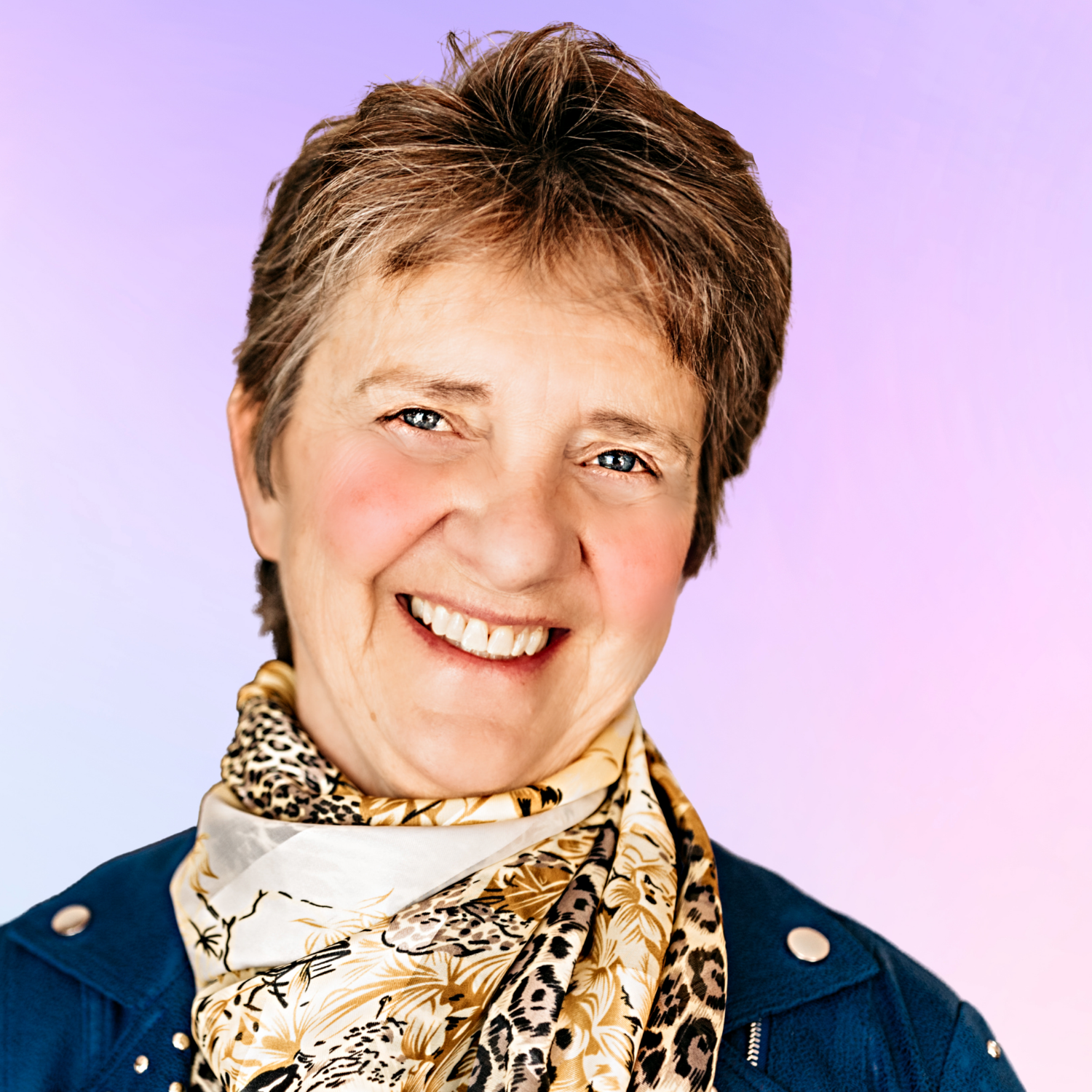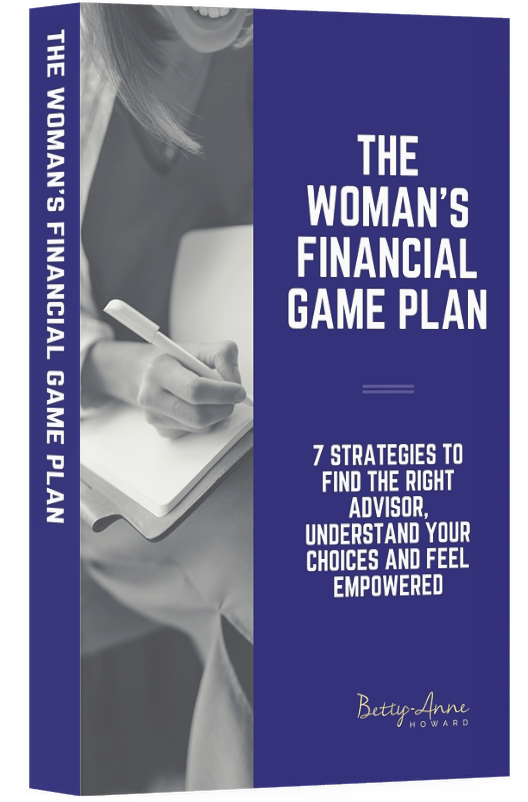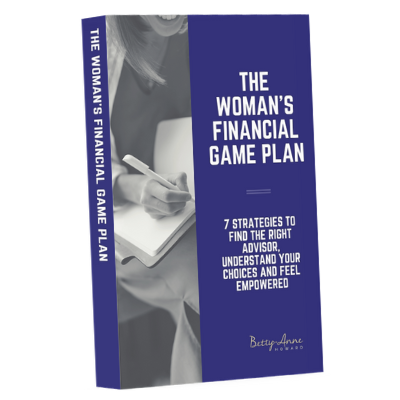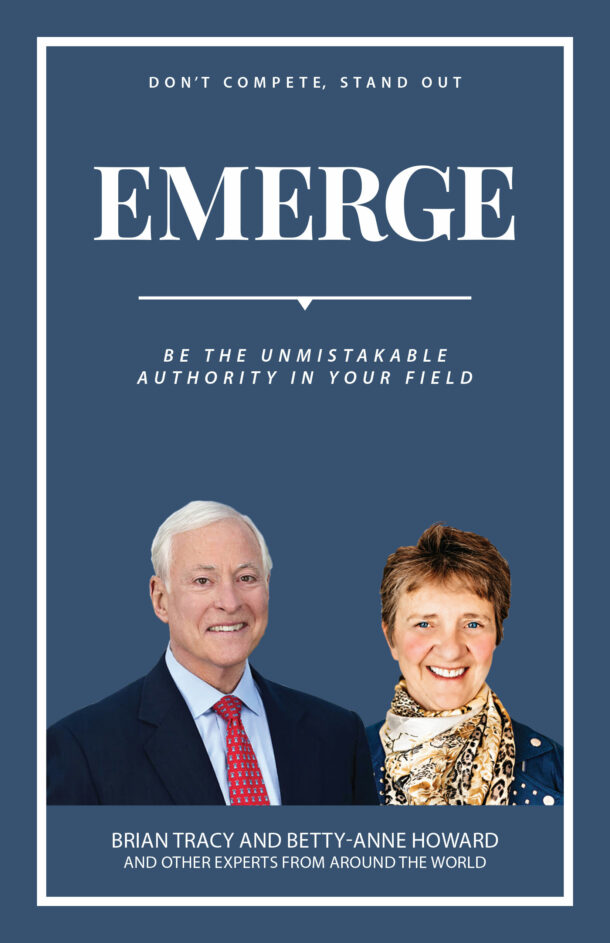
“We need an understanding of heroism that is driven less by empathy than by attentive care, an affect that is triggered by openness to the world, followed by curiosity and concern about those who inhabit it. Lack of curiosity becomes, then, the greatest sin, a failure to acknowledge the presence of others and to care about the circumstances & conditions of their lives”
Maria Tatar, The Heroine with 1,001 Faces
Inspiring and motivating Canadians to think about leaving gifts in their wills, as part of their legacy planning, is a key message in the current Will Power™ campaign. Will Power™ is a national public education campaign designed to inspire Canadians to think differently about charitable giving and empower them to create positive change through their wills.
At the heart of the campaign is the message that if only 3.5% more ordinary Canadians included a gift in their Will in the coming decade, this would result in $40 billion dollars being directed to charitable causes. No matter the size of a potential donor’s estate, they can be a part of this impressive movement for change.
As a Philanthropic Financial Planner, I work with clients every day who want to support charities in their will, however, I know that there are two major challenges most people have that need to be addressed.
The first is the belief that you have to choose between your family and your favourite charity, and the second challenge revolves around WHO the potential donor discusses their philanthropic goals with. Not all professionals are in the ideal position to encourage and support the desire to take action!
We recently facilitated a panel discussion with two renowned experts in financial services and the charitable giving sector – Ryan Fraser CFP, Financial Planner (Quiet Legacy) and Peggy Killeen CFRE, Development Consultant, to explore these challenges.
In our discussion, we looked at actionable steps that we can all take to create a world we can be proud of. Here are some of the problems, challenges, and solutions that Ryan, Peggy and I explored:

Problem – Communication Disconnect
Based on the research conducted by the Canadian Association of Gift Planners (CAGP) we know there is a disconnect between financial advisors and their clients in terms of their perceptions of the conversations taking place regarding philanthropic goals. On the one hand, Advisors believe they are having these conversations and on the other hand, Canadians are saying these conversations aren’t happening with their Advisors.
Challenge
Financial Advisors, potential donors, and even fundraising professionals are afraid to talk about gifts in wills, because it means talking about money and death – both considered to be taboo topics.
Solutions
It’s important that we are all more intentional about these conversations – but what does that mean, exactly? One way is to prepare in advance, and think about how you’re going to broach the subject and what kinds of questions you are going to ask in order to further that conversation. You can start with being curious about your donor’s life story, finding out more in terms of their values and what’s important to them.
It’s incredibly significant that this topic of a legacy gift is even being considered so it needs to be treated with a different kind of respect and appreciation.
For example, you could say; “This is such an amazing decision that you’re thinking about. I’d love to know what it is that brought you here, how did you first get involved with us?” Leave the how to make this happen to much later in the conversation.
Another idea was to use tools like a values-based card deck with 40 or 50 different personal values where you ask for them to choose 2 or 3 core values, and the images help facilitate the conversation. These tools can be powerful, life-altering (and even fun!) for professionals who want to engage in meaningful conversations about money and legacy planning.

Problem – Difficult Topics
Meaningful conversations about philanthropy aren’t necessarily easy to have and yet people do want to have these conversations.
Challenges
Money is a sensitive and private topic for people, so getting someone into their comfort zone in order to have this conversation takes time and a willingness to “trust the process”. Professionals need to have a desire to know and understand their donor’s reasons why they are considering a gift in more detail.
Solutions
Each of us has our own values that precipitate how we want to structure our goals, including our legacy goals. These goals evolve over time based on our experiences, the opportunities we see around us and the impact we want to have in addressing the problems we see all around us.
This is a very personal journey which is why the conversations we have about this are also very personal. There is no one size fits all approach and no formula for how to have these conversations other than to remain curious and respectful while using open-ended questions to explore why someone would be considering leaving a gift in their will.
The types of questions we ask can help motivate others to explore the possibility of leaving a gift to one or more charities in their will. From a Financial Planner perspective the question can be; “Who and what has made a difference in your life? How have they made a difference?”
We can also plant the seeds of desire to leave a legacy gift and our conversations can foster that desire to do so and ultimately take action. The heroes of this story are our clients and donors, we are the guides. Honouring and memorializing other people in our lives can also be the reason donors want to make these gifts.

Problem – Making A Choice
Canadians believe they have to choose between their families and giving gifts to charities.
Challenge
We know this problem exists based on the research conducted recently by the Canadian Association of Gift Planners (read the report here). At the same time, based on the research we also know that a third of the people interviewed indicated an interest in knowing and learning more about this topic and giving to a charity.
Solution
We can start by introducing the topic of supporting our families as part of our legacy and ask permission to do a deeper dive into this premise. By acknowledging that certainly, our families do come first, we help to seed the concept that it doesn’t need to be an either/or decision.
You can begin by initiating a conversation about a donor’s life story which includes their families and the charities they’ve supported over the years. The messaging of Will Power™ hits the proverbial nail on the head by saying – I love this cause and I also love my children. I can do both, I can leave a legacy to both.
There is enormous potential out there that needs to be tapped into, we just need to be having conversations about why family and charity don’t have to be competing interests. Financial Advisors are in the best position to help illustrate this point in making that connection between the math and the heart. Both are needed, but each donor is unique and may require more of one than the other.

Problem – Information Overload
Information is power, but too much information can overwhelm donors
Challenges
Some charities use a written brochure or document to communicate with donors, especially if they want to avoid a difficult or uncomfortable conversation or if they aren’t feeling confident about having that conversation. This huge document has all the information anyone could ever want over their lifetime and is often just too much information. This can lead to donors feeling unheard and overwhelmed which isn’t conducive in helping to guide a donor to leaving a gift in their will.
Solution
Make sure that you’ve spent sufficient time understanding your donor’s reasons for leaving a gift, and bring them targeted information that directly addresses their concerns, desires, and targets, not a generic document that isn’t relevant to their life.
You should also be proactive and prepare your donor for the possibility that their Financial Advisor might give them conflicting advice. You may want to offer to meet with them and their Financial Advisor to discuss what they are wanting to accomplish from this legacy gift and explore the options as to how together, you can make this happen.
Other questions to ask your donor include asking who gives you financial advice, what does that advice look like, and do you have a lawyer who specializes in Estate Planning or an Accountant who has dealt with a variety of ways and means to leave assets to a charity? Suggest to your donor that they find a Financial Planner who specializes in Philanthropy for the best results.
Provide this guidance in writing, because people often forget and don’t necessarily understand concepts like donating appreciated securities.

Conclusion
Even though the Will Power™ Campaign is closed for this year, the intention is to continue this campaign for 10 years, so that we can move the dial for Canadians to leave more gifts in wills. If you are reading this article from a Financial Advisor perspective or from a Charity or Fundraising perspective, we would like to greatly encourage you to participate in Will Power™ next year.
Start planning now for your participation, because this opportunity has had an incredible response and impact, and is only going to grow as we continue to reach out and talk to Canadians about leaving gifts in their will.
We can make an enormous difference in the world, one day at a time, one conversation at a time, and one step at a time. Join us in creating a world we can all be proud of by thinking about and imagining your legacy. You’ll be glad you did.
Did you enjoy this article? You may also enjoy:
5 Keys To Unlocking Value In Your Inheritance: Lessons Learned From An African Safari
Donating To Charity In Your Will: 5 Ways To Change Your World And Make A Difference






0 Comments